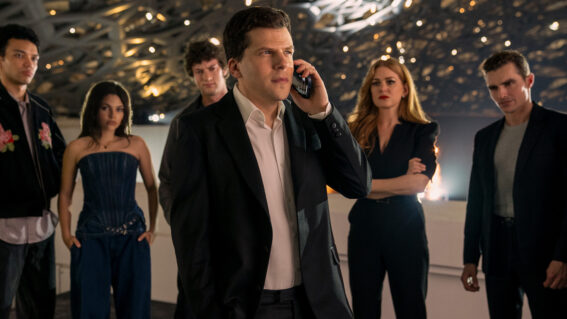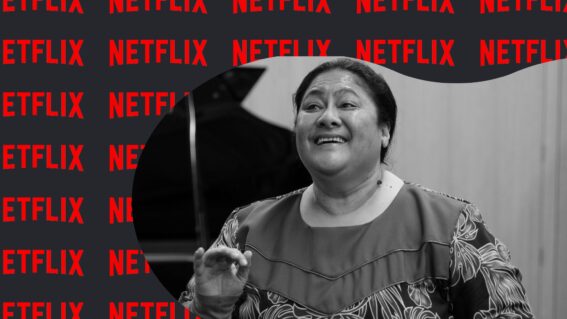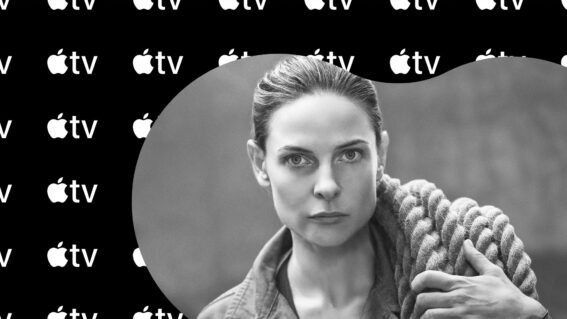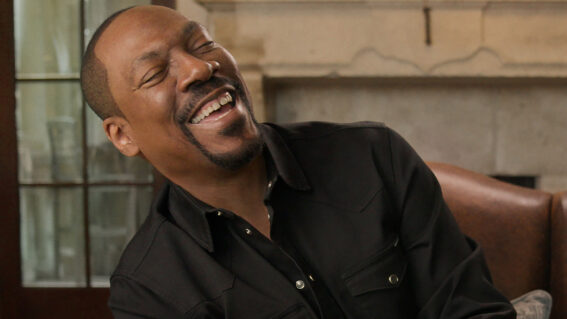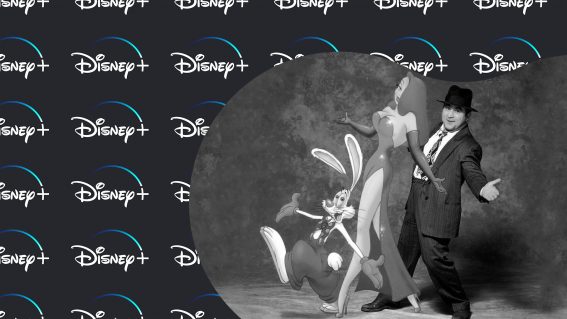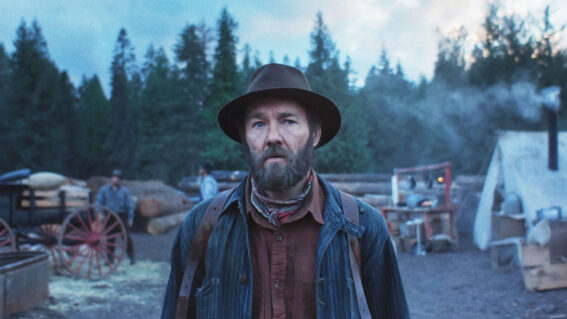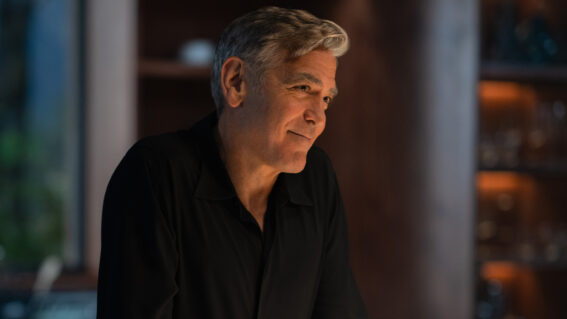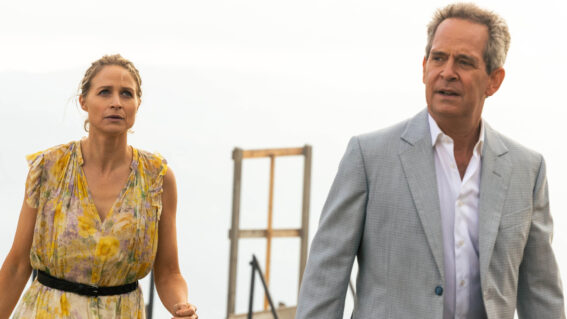Interview: ‘Far From Men’ Director David Oelhoffen
We wish we got more interviews like this… Far From Men opens this week, the Viggo Mortensen drama that won of Best Film at the 2014 Venice Film Festival. Set during the Algerian war, a teacher in a small village bonds with a dissident, only to be ordered to turn the man over to authorities. You […]
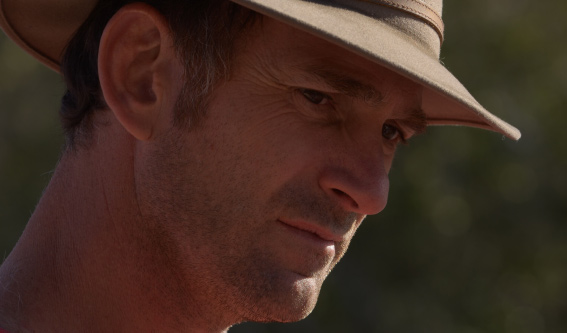
We wish we got more interviews like this…
Far From Men opens this week, the Viggo Mortensen drama that won of Best Film at the 2014 Venice Film Festival. Set during the Algerian war, a teacher in a small village bonds with a dissident, only to be ordered to turn the man over to authorities. You can read Aaron’s review here.
We got to pose some questions to director David Oelhoffen about the film, and his answers are extraordinarily insightful – especially for those who love unpicking the filmmaking process.
Click here for ‘Far From Men’ movie times.
It’s not a Western in the literal sense, perhaps, but a Camus Western – how does that happen?
From the very first reading of Albert Camus’s short story L’Hôte, the images that came to mind, because of the situations and landscapes in the story, were those of a Western. A prisoner to be escorted to the nearest town, expansive and hostile nature, danger, tension, men swinging between dignity and savagery, tearing themselves between a craving for life and a craving for death. And then, working on the script, I realized that the connections with the western were deeper.
The central figure of the American Western is the white man bringing civilization and the embodiment of law and order, and his counterpart, the “savage” tribal figure. In this “Camus western”, the white man brings civilization too, he’s a teacher, a missionary. And the Algerian peasant is the “tribal” counterpart. I thought it was very consistent with the genre.
The American westerns (at least the good ones) try to show the contradictions of the American myth of the Conquest of the West, this Camus western tries to show the contradiction of another myth, an European myth, the European Universalism, the conquest of the world by European values. A perverted myth of course, called colonialism. So the schemes are the same as in the American western tradition, because situations and landscapes are similar, but history and myths are different.
How many liberties did you feel comfortable taking with the source material, given the author’s stature?
The fact that l’Hôte is such a short text, 13 pages, was pretty comfortable for me. Because, I had no option: I had to take liberties with the source material. Adapting this story meant filling out the characters and providing greater density to the journey throughout the desert.
One of the ways this was done was by including the Algerian context. Mainly thanks to Camus’s work as a journalist and essayist in the ’30s. These texts are now known as Algerian chronicles.
Camus, 20 years before the start of the war, was writing that the French colonial system was close to its end. A lot of details of the journey come from other Camus texts. Another change was altering Daru’s identity and the nature of the relationship between Daru and the young Algerian, which resulted in a distinctly different ending to Camus’s story.
I moved away from the letter of the text, but always with the idea of remaining close to the spirit of Camus. I am not saying it was always comfortable, but it is what I tried to do.
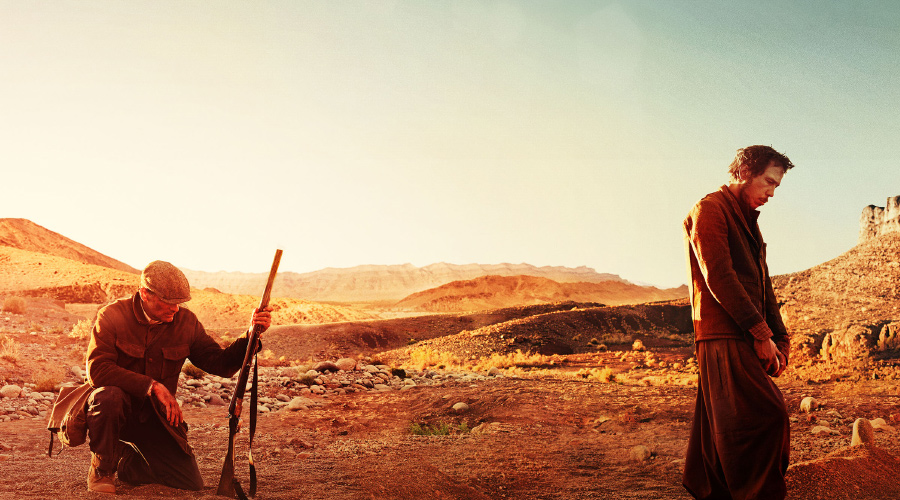
The Algerian landscape may seem a little familiar to both Western fans and those watching coverage of contemporary conflicts. Apart from the setting in ‘Far From Men’, what does it have in common with the struggles of a couple centuries back and those of today?
What they have in common is that men preparing themselves for war in the midst of huge desolate landscapes seem always absurd. It’s a way to emphasize the absurdity of war.
Another similarity is that in Loin des hommes (Far From Men), we are always in the victims’ point of view. It is not an explanation of the war; it’s not a historical film. It’s more a reflection about how to deal with morality and values in a middle of chaos. A film about how fraternity is difficult to achieve, and in the same time, the only way to move forward.
All these themes are similar in Loin des hommes, Western films and contemporary conflicts films.
Viggo’s an outsider in your film. What weight does that force him to carry as an actor? And how did the pair of you collaborate to prevent this element becoming a man-with-no-name kind of stereotype?
Daru is not a stereotype. There were hundred thousands of “caracoles” in Algeria. It is not an abstract character. We always thought with Viggo Mortensen that Daru’s character was very close to Camus himself, a Camus who would have stayed in Algeria, with no Nobel prize and literary success, a Camus who would have become a teacher.
Viggo has taken on an interesting mix of films, much broader than the typical Hollywood filmography. Even so, he’s a star paired with an up-and-comer in the form of Reda Kateb. How did you go about ensuring they shared the screen in the way you wanted?
You can never be sure! And if they did share the screen and worked really well together as partners, it is thanks to Viiggo Mortensen’s generosity and Reda Kateb’s sensibility.
Viggo Mortensen is an incredibly generous actor and man.
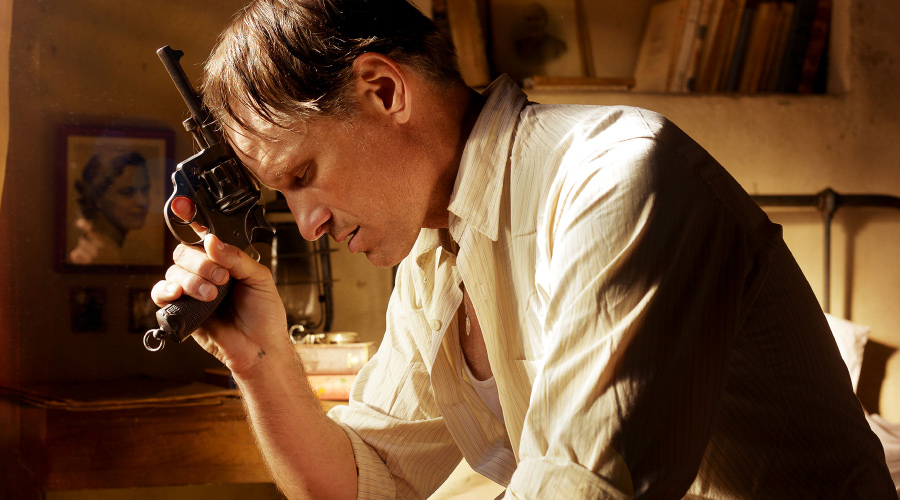
What was the toughest moment of the shoot, and conversely, which would we be surprised to hear was straightforward?
The shooting was quite pleasant because we worked as a family. But it was tough physically, for the actors. They both became ill after the rain scene for instance. And the storm scene was awful to shoot for them too.
It was tough too because we were always running late and in that kind of shooting, the real boss is the sun. The desert is unpredictable. Sometimes in a good way. It gave us the fog we needed for the scene just before the rain. The scene became suddenly pretty much straightforward.
It’s been a number of years since you last directed. What was different about this experience?
I directed Nos retrouvailles (In Your Wake), my first feature film, in 2007. I had directed five short films before but I learnt a lot making this film.
For Loin des hommes, I had unfortunately seven years more and as well a little more experience. I am still learning. Experience gives confidence. And confidence, in my case, means more ability to give space to the actors and artistic partners.
No-one makes films to make awards, at least I hope not, but you did so at the prestigious Venice Film Festival. What does the win, or wins actually, signify to you?
An award is an encouragement to continue the journey in the same way. The film won awards in very different countries – Italy, Romania, Norway, and Morocco for instance.
We wanted to make a universal story, connected to today’s issues, and not a French historical film, so the fact that different audiences with different cultural backgrounds liked the film is a very positive sign for us.
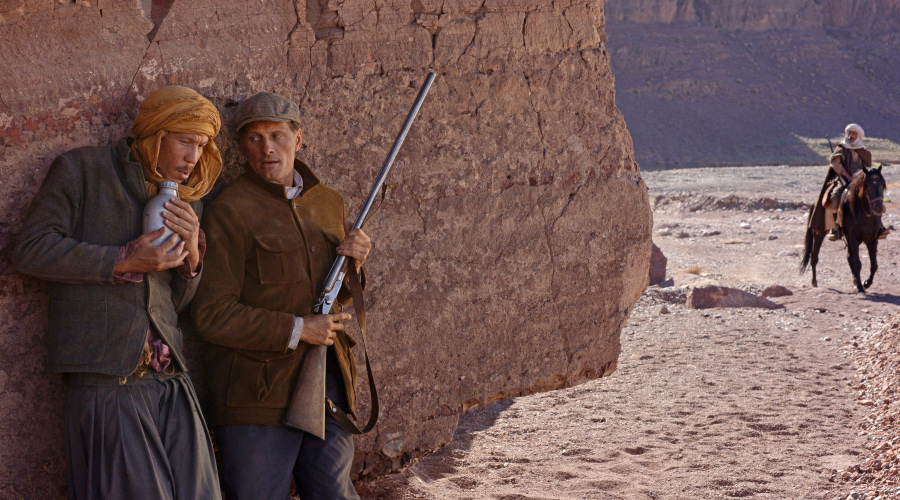
Nick Cave and Warren Ellis seem to have an affinity for composing scores for desolate landscapes. Was that what brought them to mind here?
Yes and no. You are right, they had big artistic achievements with The Proposition, The Assassination of Jesse James, The Road. But it’s West of Memphis too. It’s the Bad Seeds, the Dirty Three.
I’ve loved their music, for a long time, and I was dreaming to work with them because they are obviously very talented, and always inventive and surprising. Perhaps working with them was a way to give a universal touch to the film.
There has been much argument in the past about Camus views on the Algerian natives, some saying that he was always French first. In ‘Far From Men’ it seemed evident that Viggo’s character was torn, he saw himself as something distinct, a French Algerian for whom returning to France was not returning home.
In New Zealand, there has been much debate about the place of Europeans here… Many European descendants also have their own distinct identity crafted in these lands and through contact with indigenous Maori. What’s your view that the French Algerians were also quite unique and should not have been deemed as being European or French?
Loin des hommes tries to show how complex identity can be. A colonial situation always gives very complicated and sometimes painful identities. With heritages, it’s not always easy to deal with.
Yes, indeed you are always crafted by the land and through contact with local people. And finally, who are you? I don’t know.
What are you thinking about doing next?
I hope to shoot a film next year. I am working on two different projects, an American film and a French movie.
Images via Palace Films





